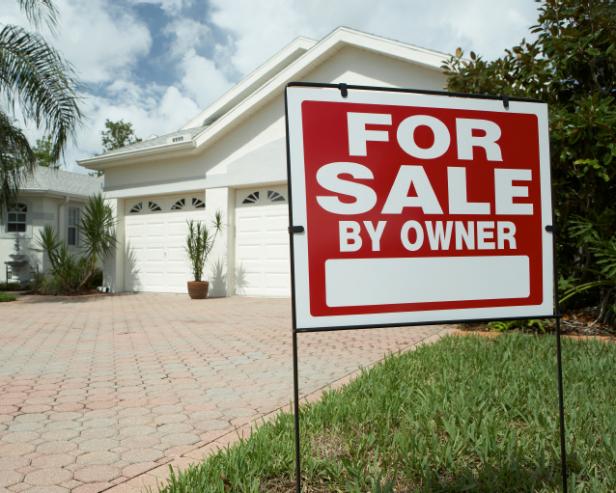Misuses and Misconceptions of Foreclosure
Foreclosure is a process, not a thing. These are the biggest misconceptions you need to know that can help you prevent actual home foreclosure.

Michael Krinke
By:
Tara-Nicholle Nelson
These misuses are so common that you need to know them in order to know what the people around you are talking about!
- I'm in foreclosure. Lenders don't foreclose on people, they foreclose on homes. Facing the foreclosure process is very emotional for homeowners; it often brings up emotions of fear, anxiety, insecurity, inadequacy, guilt and denial. However, foreclosure is a legal and financial proceeding only. It doesn't mean that the homeowner is a bad person or even an irresponsible person. Judging yourself or others who are facing foreclosure or worrying about what others might think of you if your home ends up in foreclosure is counterproductive. Instead, when these feelings come up, acknowledge them, and shift your energies to taking the next action step to address your situation.
- That house is a foreclosure. Foreclosure is a process that commonly takes up to six months or more from the time the homeowner misses the first payment. As such, when people refer to a property as "a foreclosure," they could be talking about a property whose owner has missed a couple of payments, a property whose lender has issued a Notice of Default, a property that is going up for auction, or a property that has already been taken back by the mortgage bank. And all of these references would be correct -- sort of. A homeowner's rights -- and a homebuyer's opportunities -- are highly dependent upon where in the foreclosure process a particular property is. So, to refer to a property as "a foreclosure," while not strictly incorrect, is just not specific enough to provide the necessary details.
- Missed a payment today? You'll be on the curb tomorrow. Fortunately, the law recognizes that foreclosure impacts the single largest asset most households possess -- and doesn't take that lightly. A homeowner must be 90 days behind on their mortgage payments before the formal foreclosure process can even begin; the entire process usually takes an additional 120 days or so before the home is sold. From the moment you even anticipate that you might miss a mortgage payment, get past your anxiety and start taking proactive steps to avoid, stop or at least manage the foreclosure process. Even if your financial future lacks promise and foreclosure is inevitable, working with your lender can get you extensions of time, compromises and even a cash payment to help defray your moving expenses. Understanding what foreclosure is -- and isn't -- is the first step to conquering the negative emotions brought up by the "F-word" and swinging into action to make the best of your situation.
Next Up
5 Types of Neighbors and How to Handle Them
You may love your house, but getting stuck with bad neighbors may have you thinking about putting up a for-sale sign. Here are some tips on dealing with rude, sloppy or nosy neighbors, and even those mean ones with spite houses.
What Foreclosure Means and How to Stop It From Happening
Learn about the various steps in the foreclosure process and ways you can avoid losing your home.
Scheduling Your Relocation
If you can postpone your move, you could save some major cash.
Saving Money While Paying for a Home
You may be financially "exhausted" from saving for your home purchase, but now's actually a great time to keep saving.
Short Sale Rules: What You Need to Know
A short sale occurs when a property is sold for less than what is owed on the mortgage with the lender's approval. Learn the advantages and disadvantages of this type of transaction for the seller and the buyer.
The Skinny on the Short Sale
How to get a short sale when you're facing foreclosure on a house.
Moving Day Tips: How to Pack for a Move
These 10 packing tips will help you move more efficiently and smoothly.
Did I Accept a Bad Offer on My Home?
Worried you accepted a bad offer for your home? Let real estate expert soothe your fears.
How to Deal With Your Lender When Facing Foreclosure
In the foreclosure world, "workout" has nothing to do with the elliptical trainer. It's about cutting a deal with your lender to stop the foreclosure process.
How to Quickly Sell Your Home When Threatened With Foreclosure
Get tips and advice on how to sell your home fast.














































